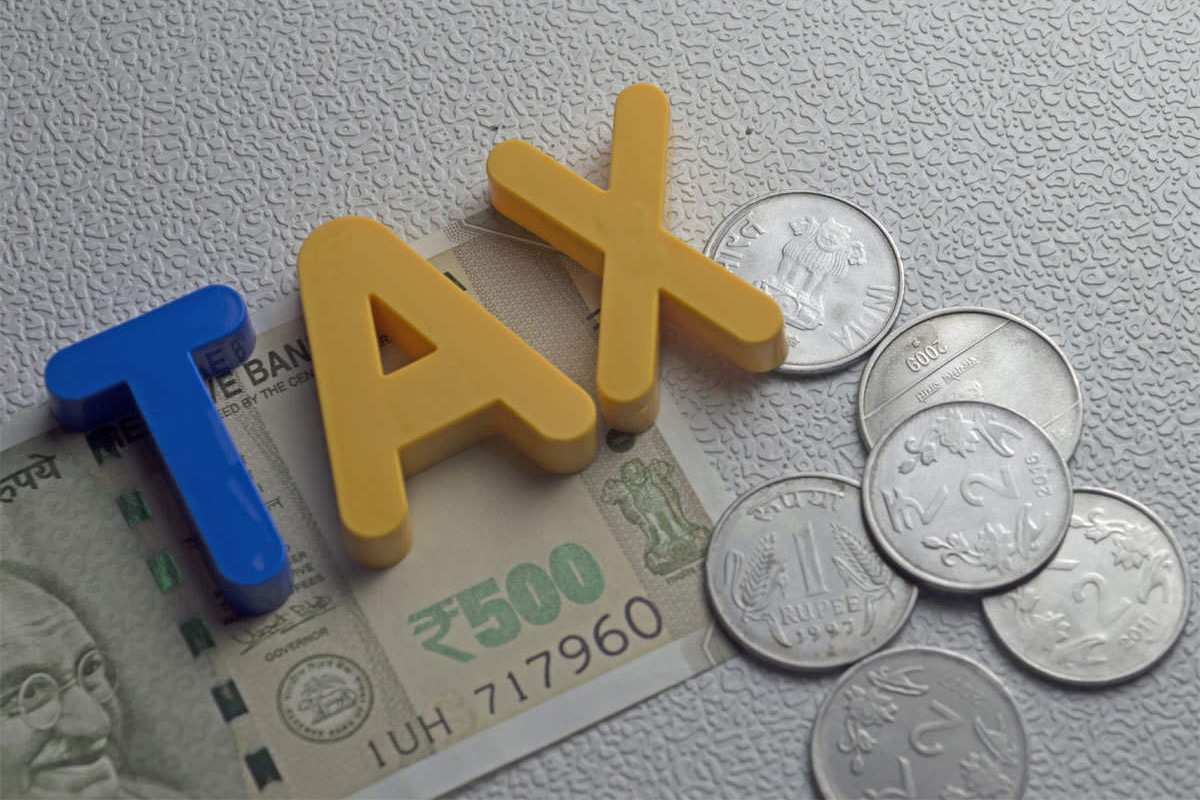Modi govt’s GST has put burden on poor: Gohil
Senior Congress leader Shaktisinh Gohil on Thursday said the Narendra Modi-led government’s complicated Goods and Services Tax (GST) has put an unbearable burden on the poor and common people.
The government on Monday issued a clarification regarding taxability of services provided by an office of an organisation in one state to the office of that organisation in another state.

representational image (iStock photo)
The government on Monday issued a clarification regarding taxability of services provided by an office of an organisation in one state to the office of that organisation in another state.
In a circular issued by the Central Board of Indirect Taxes (CBIC), it was clarified that in respect of common input services procured by the head office from a third party but attributable to both head office and branch offices or exclusively to one or more branch offices, the head office has the option to distribute input tax credit (ITC) in respect of such common input services.
Advertisement
Through another circular, the CBIC clarified that holding shares of a subsidiary company by a holding company does not constitute a supply of services and, therefore, is not taxable under GST.
Advertisement
Mahesh Jaising, partner & leader (indirect tax), Deloitte India, while commenting on the government’s clarification on ITC, said, “The GST Council has truly gone out of its way this time and in a very well drafted circular, ISD has been clarified to be an option for the taxpayer. This will give a breather to a lot of taxpayers who have not opted for the ISD mechanism.”
He added that the circular also clarifies that taxpayers can also adopt for a cross charge mechanism and bill the branches by adopting the value as per Rule 28, i.e., any value is acceptable if the recipient branch is entitled for full credit.
“In fact there could not have been a better clarification as the circular deems the value to be nil if the cross charge has not been done. This will put to rest a lot of legal disputes where businesses may have adopted different procedures owing to ambiguity,” Jaising said.
On the clarification by CBIC on taxability of shares held in a subsidiary company by the holding company, he said, “The GST council has made it clear that simply the activity of holding shares is not taxable under the GST because doing so does not constitute providing a service.
“The essence of the circular is that purchase or sale of shares or securities, in itself, is neither a supply of goods nor a supply of services and for a transaction/activity to be treated as supply of services, there must be a supply and not merely a classification entry.”
Advertisement